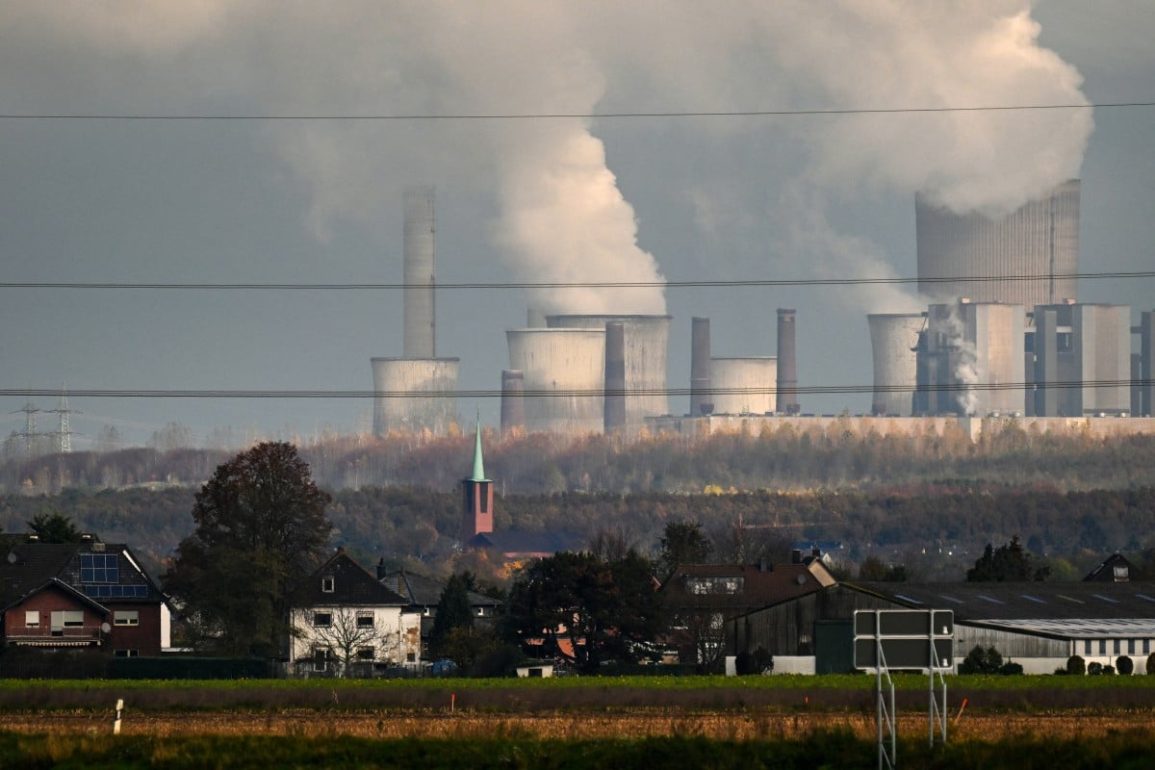The transition away from fossil fuels, a key pledge made by world leaders at last year’s Cop28 conference, appears to be faltering, with global carbon emissions on track to set another record in 2024. New data presented at the UN’s Cop29 climate summit in Azerbaijan reveals that emissions from coal, oil, and gas are expected to rise by 0.8% in 2024.
This increase starkly contrasts with the 43% reduction needed by 2030 to meet the 1.5°C temperature target and avoid catastrophic climate impacts. Despite the promises made at previous summits, including Cop28, emissions continue to climb, further intensifying the challenge of limiting global warming.
At Cop28, nations agreed to begin transitioning away from fossil fuels, marking a significant shift in climate diplomacy. This was hailed as a historic step since previous summits had not called for restrictions on fossil fuels, the primary driver of climate change. Sultan Al Jaber, president of Cop28, emphasized the importance of concrete action, stating that history would judge world leaders by their actions rather than their words.
However, as 2024 approaches, emissions from fossil fuels remain stubbornly high, and the urgency to curb their growth is more pressing than ever due to escalating climate disasters such as heatwaves, floods, and storms.
Although the overall rate of carbon emissions growth has slowed over the past decade due to increased renewable energy use and the adoption of electric vehicles, the world is still far from reducing fossil fuel dependence.

The Cop29 summit is focusing on securing the trillion dollars annually needed for developing countries to mitigate emissions and adapt to climate change while improving the lives of their citizens. The summit also seeks to raise the ambition of upcoming emission-reduction pledges, which are due in February. However, the latest data underscores that despite some progress, global fossil fuel consumption is not yet peaking.
The report, produced by the Global Carbon Budget project, highlights several regional trends. While countries like the UK, Germany, and the US have significantly reduced their emissions while growing their economies, the overall global trend is still toward increased fossil fuel use.
In 2024, global emissions are expected to exceed 37 billion tons, with natural gas emissions showing the biggest rise (2.4%), largely driven by increased consumption in China. Oil consumption has increased slightly, with international air travel playing a significant role, while coal emissions are rising marginally. Notably, emissions from China, the largest emitter, continue to rise, driven by both renewable energy growth and increased demand for coal-powered electricity.
The Global Carbon Budget also tracks emissions from deforestation, which have been declining over the past decade but spiked in 2024 due to the exacerbating effects of El Niño, which increased droughts and wildfires in critical regions. The primary sources of deforestation emissions come from countries like Brazil, Indonesia, and the Democratic Republic of the Congo.
While efforts to reduce deforestation are ongoing, much of the emissions result from the global demand for products like soybeans exported to countries such as China and Europe. Despite some progress in reducing deforestation-related emissions, the overall trend shows that both fossil fuel use and deforestation emissions are contributing to an all-time high in global carbon emissions in 2024.

